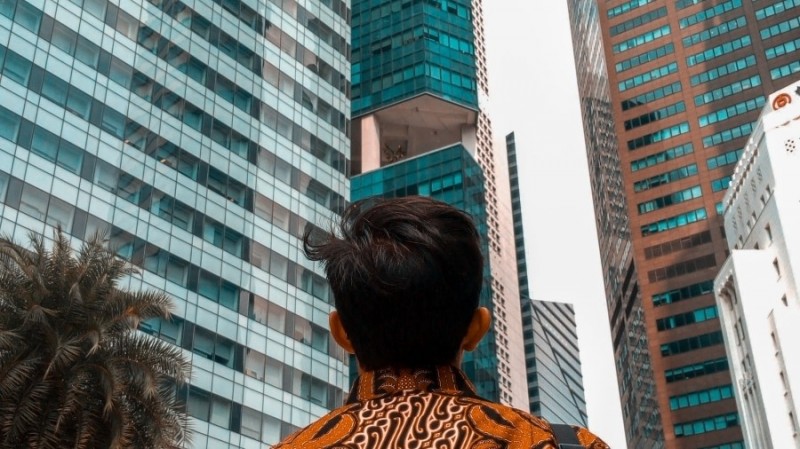
There are few improvements in employee engagement, longer stays, and worker inclusion.
Despite three years of work improvements, workers in Singapore have observed minimal effort towards the key indicators of a positive employee experience (EX), according to a report by New Qualtrics.
The areas of “employee engagement”, “intent to stay” and “inclusion” have plateaued over the last 12 months, with 67%, 56%, and 69%, respectively. However, the indicator “exceeding expectations” saw a nominal improvement from 31% to 34% and “well-being” from 67% to 69%.
The trend is also reflected in other Southeast Asian markets, like Malaysia, Thailand, and the Philippines.
The trajectory points to improvements focused on people-centricity. Modern-day workers tend to find value in their work, amidst the debate around hybrid work arrangements and a dubious economic performance.
“There is a well-established connection between employee engagement and organisational performance - from innovation and profitability, through to better customer service and employee health outcomes. Organisations that maintain their people-centric focus, and effectively enable their teams to do great work, will be the standout performers in years to come,” Dr. Cecelia Herbert, Principal XM Catalyst of Qualtrics XM Institute, stated.
One of the top trends is, in fact, the reevaluation of the purpose of offices. Employees have the highest preference for a hybrid work schedule. Those engaged in that arrangement receive the highest levels of engagement, well-being, and inclusion, compared to those in-person or remote.
Another trend is the emergence of AI. 49% of workers in Singapore have become more open to AI in the workplace than those 42% globally. Workers are more comfortable with AI when they can control and manage it for writing tasks (69%), personal assistant duties (63%), and support functions (51%). However, they are less inclined to use it for other vital tasks, like hiring (35%) or teaching (29%).
Other trends fall on employees having a more critical view of their employers, whether it be an unsatisfactory environment and compensation for frontline workers, or a less engaged workforce for those with shorter tenures. One has indicated employees are more confident with offices using work-based message applications (60%) than those using social media (47%).
Source: https://sbr.com.sg/hr-education/news/employees-experience-stagnates-in-singapore-despite-office-improvements

